Living Our Own Truman Show

The Truman Show, once thought of as a science-fiction film, has suddenly become reality. We are all balancing our roles as Christof and Truman, creator and created, limited by circumstances and nature but bent on inventing ourselves and managing how we are perceived.
On Islam Fails to Enlighten

Fr. James Schall’s recently published collection of essays on Islam and violence suffers from reductionist arguments, non-existent evidence, and historical ignorance. It is a book that defeats itself, and is an unfortunate addition to the legacy of an otherwise great scholar.
Fighting the Burnout Culture: How Personalist Philosophers and Benedictine Monks Can Help Stressed-Out College Students

What are the ends of education? How do various conceptions of the human person influence our understanding of education? What does a liberal arts education look like in an educational system dominated by specialized fields of study and focused on credentials and skills? How do friendship and community relate to education?
A Conservative Case for Utopia
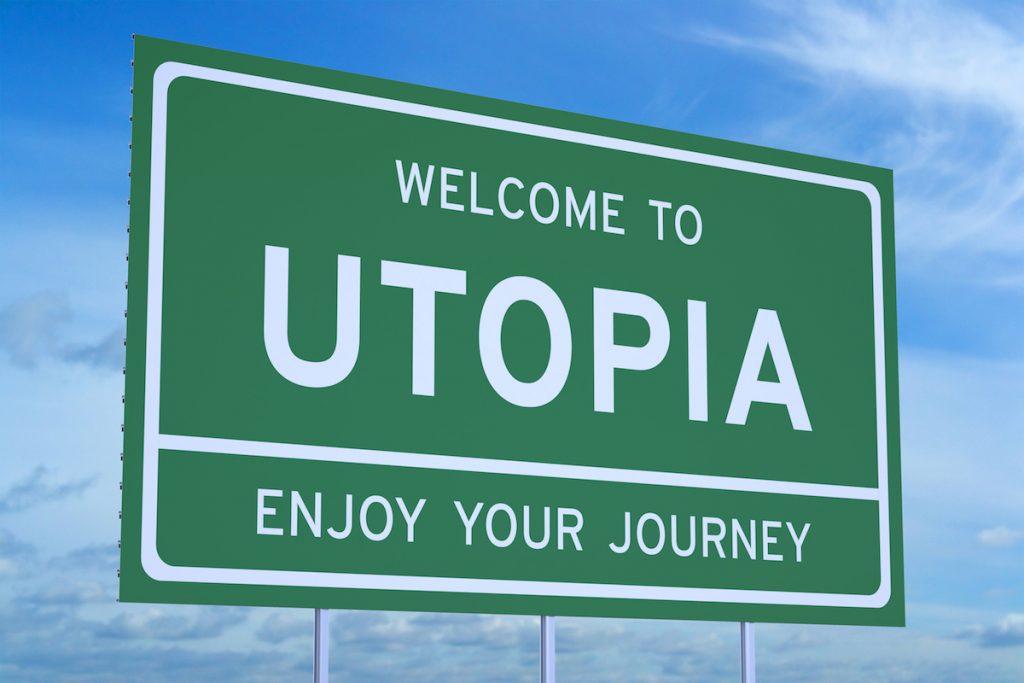
The remedy for utopianism is not the suppression of the utopian imagination but its education. Genuine poetic education assists in the development of right reason, and it is the only effective remedy to the cheap sentimental allures of propaganda.
Keith Whittington on Campus Speech: Separating Light from Heat
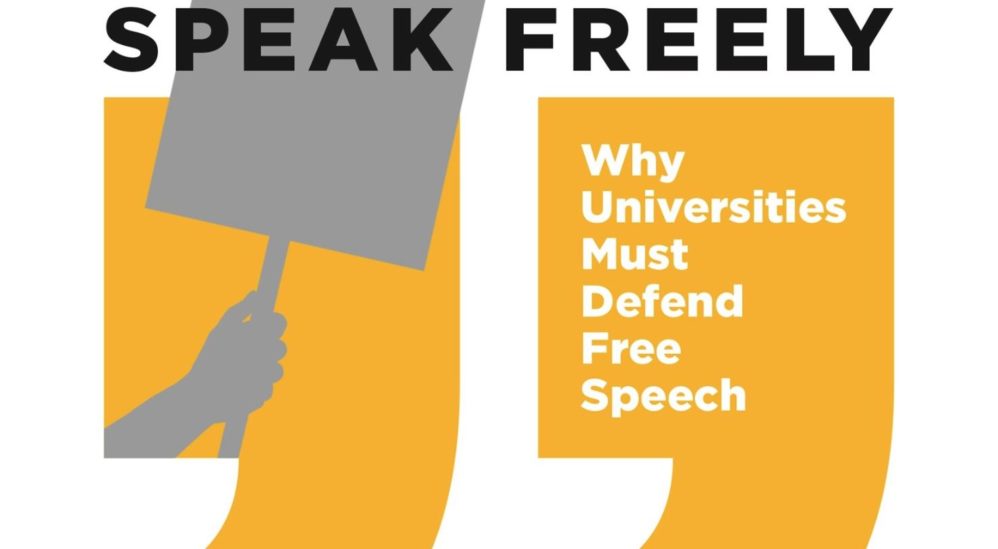
Keith Whittington’s new book, Speak Freely, is both a warning and a call to action. When it comes to offering a cogent, nuanced defense of the academic value of free speech, now is not the time to be quiet.
The Church Could Teach That Capital Punishment Is Inherently Wrong
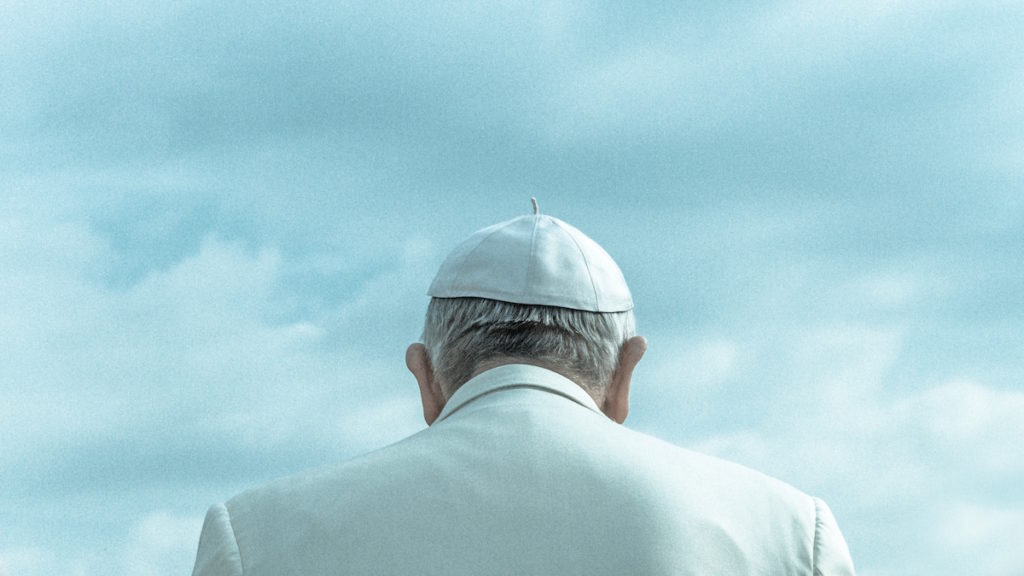
Nothing asserted in Scripture read in light of the New Testament excludes the conclusion that capital punishment is inherently wrong. Nor does any definitive Church teaching. But the new revision of the Catechism, while removing from view an evident instability, remedies none of the underlying tensions and seems likely to obscure the only path to a teaching fully stabilized by adopting that conclusion authoritatively, as an authentic development of doctrine. And the revisionary documents are in other ways disconcerting. Part two of a two-part essay.
Intentional Killing Is Always Wrong: The Development Initiated by Pius XII, Made by John Paul II, and Repeated by Francis
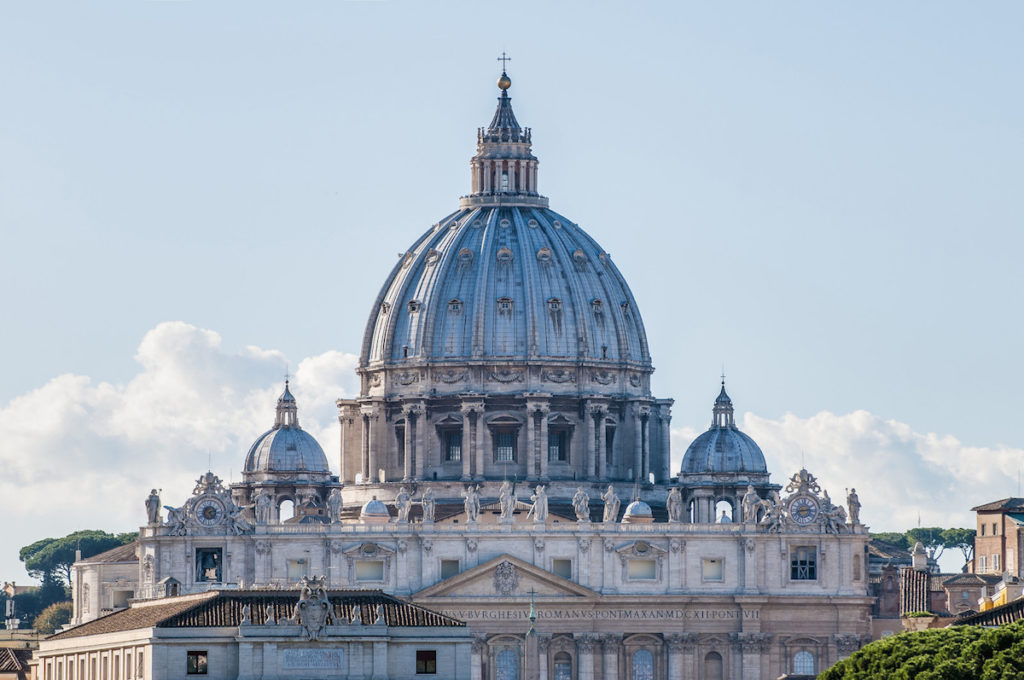
The Catholic Catechism’s new section on capital punishment makes no substantive change of teaching. Nor did the 1997 amendment of that section. The 1992 Catechism did change traditional teaching on killing, whether in war, police actions or judicial executions. That authoritative change, partly initiated by Pius XII, has sufficient theological warrants, but it is little understood and needs much more attention. Its logical conclusion is that capital punishment is inherently wrong. But that has not yet been taught. Part one of a two-part essay.
Social Ecology and the Market Economy: Revisiting the Threefold Foundations of a Flourishing Society

A full vision of the social structures of human flourishing must include three elements: the economic, political, and moral-cultural.
How (and Why) Government Should Invest in Marriage

New research suggests that educational programs can strengthen or even save marriages. Government can and should play an important role in supporting marriage through such programs.
Thomas Aquinas: Not Just for Catholics Any More
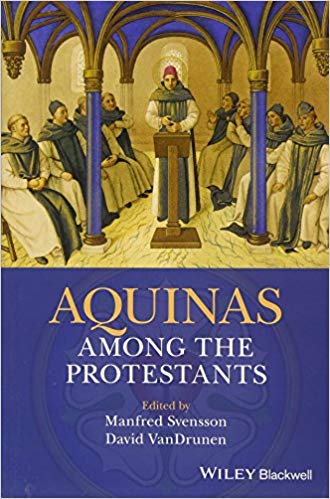
A new collection of essays, Aquinas Among the Protestants, demonstrates the impact that Thomas Aquinas has had on Anglican, Lutheran, and Reformed thinkers and explores the ways in which contemporary Protestant Christianity could benefit from Aquinas’s insights, particularly regarding natural law and virtue ethics.
Camille Paglia’s Sexual “Realism”

In her new book, Camille Paglia continues to set herself apart from mainstream American feminism—and offers sage advice to conservatives inclined to jump on the #MeToo bandwagon.
Competing Visions of the University
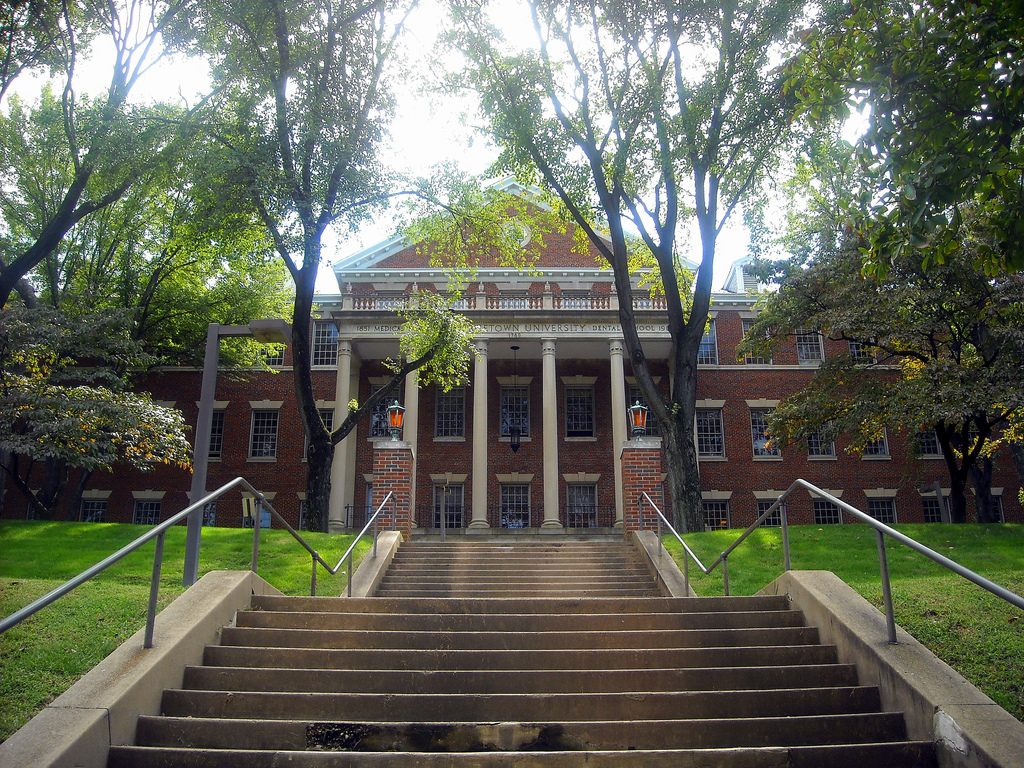
The promise of a career or the ability to write correctly formatted technical reports does not justify years of debt. But the formation of the self and the entrance into an intellectual inheritance—these are the treasures that collegiate education promises.
Vindicating the Founders . . . Again
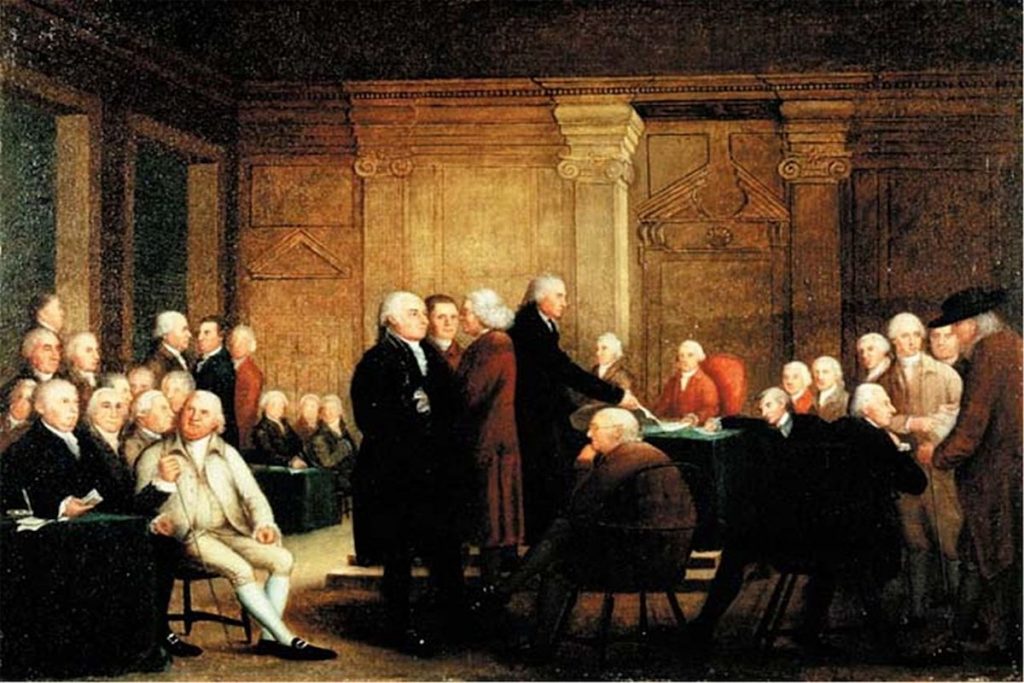
The political theory of the American founding is not quite the “cure for what ails us,” but, as Thomas G. West’s books demonstrate, it can serve as a kind of preventive medicine against the psychological sickness of radical individualism.
Apatheism Is More Damaging to Christianity Than Atheism and Antitheism

The greatest threat to Christianity is found not in the arguments of the atheist but in the assumptions of the apathetic. The “new apathy” is a more dangerous threat than the new atheism.
In Defence of Catholic Integralism
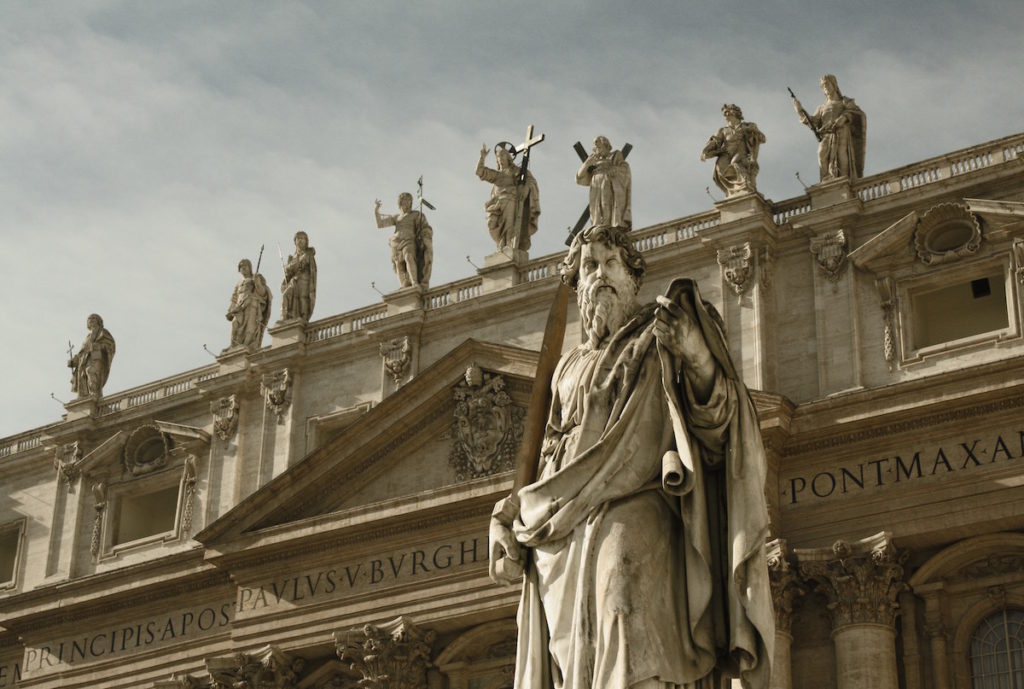
States that do not recognize both natural law and the transformation of law and public reason brought about by the raising of religion to a supernatural good will become confessors of false belief opposed to Christianity, and their great power will turn from supporting Christianity to opposing or even repressing it, especially in relation to its moral teaching.
Religious Freedom as Freedom to Discriminate?

Removing religious exemptions will not promote tolerance or inclusiveness. It will forcibly strip religious organizations of their ability to operate as religious organizations.
Love, Economics, and Cheap Sex

According to sociologist Mark Regnerus, the birth control pill and the rise of internet porn decreased the cost of sexual access so substantially as to affect a fundamental shift from a world in which sex served higher goods to a world in which sex is the higher good.
Development, Capital Punishment, and Dignitatis Humanae
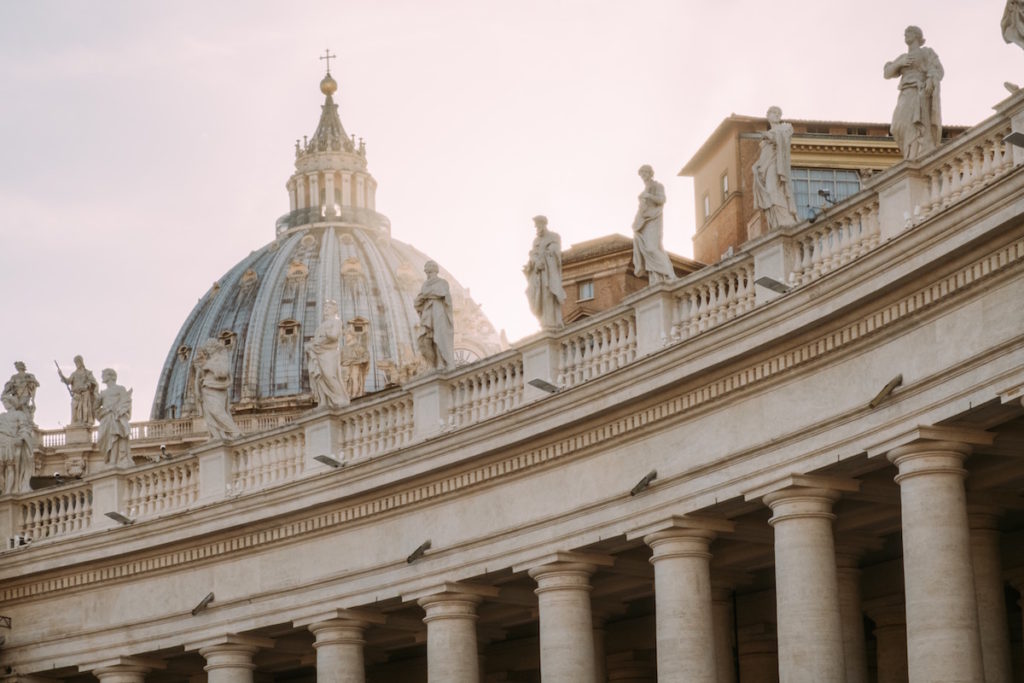
Despite the vast amount of ink spilled in the current controversy over capital punishment, there’s been a real hesitancy to make explicit its analogy with the longer-running and arguably more important debate respecting the Church’s teaching on religious liberty.
C.S. Lewis in a Secular Core: Sex, Love, and That Hideous Strength

For C.S. Lewis, the body and the erotic procreative relationship between men and women are not mere nature, to be manipulated and embellished. They are not mere matter, to be shaped in any way that we please. They are, rather, an indicator of a larger order, something that offers us a clue to that larger order and that has to be understood in the light of it.
C.S. Lewis in a Secular Core: The Abolition of Man and a More Natural Science

The problem with modernity’s conquest of nature is that it works toward obliterating the distinction between creature and creator, a distinction that is essential for maintaining a humane and non-totalitarian politics.
Springtime for Snowflakes: An NYU Professor Takes On Academia’s “Social Justice Warriors”
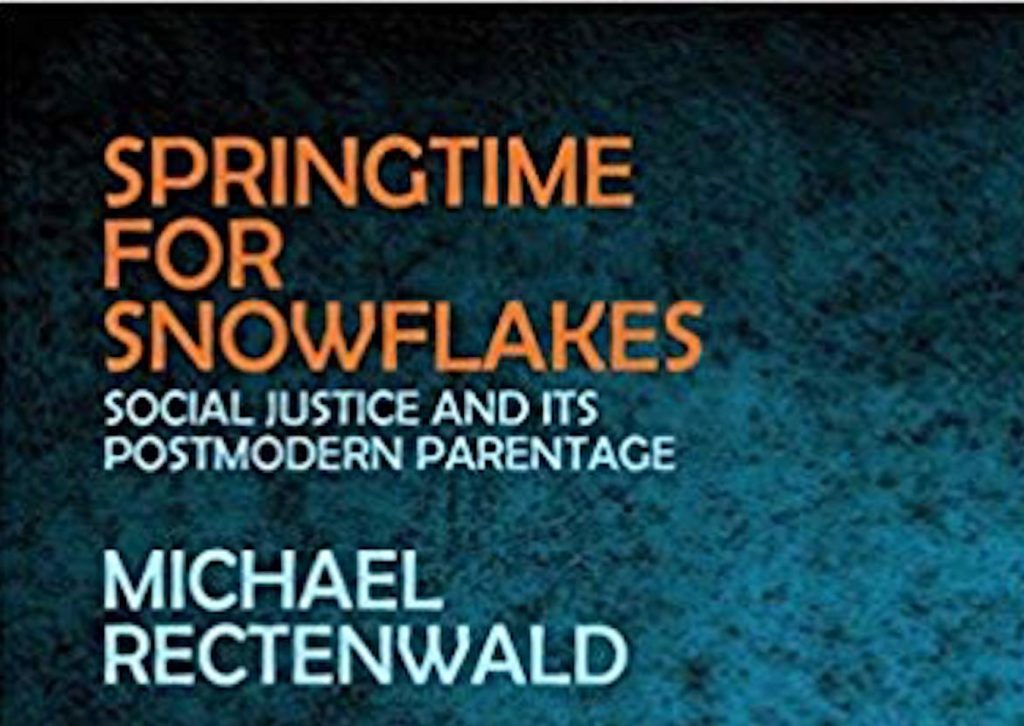
Michael Rectenwald’s new book offers up passionate intellectual debate in a climate where the discursive righteousness, sexuality, sex, skin color, and feelings of the speaker too often matter more than the thoughts espoused. It is a portrait of the contemporary scene of academic freedom, which is anything but free, and even less academic.
Racism, the Legacy Museum, and the Costs of Self-Deception
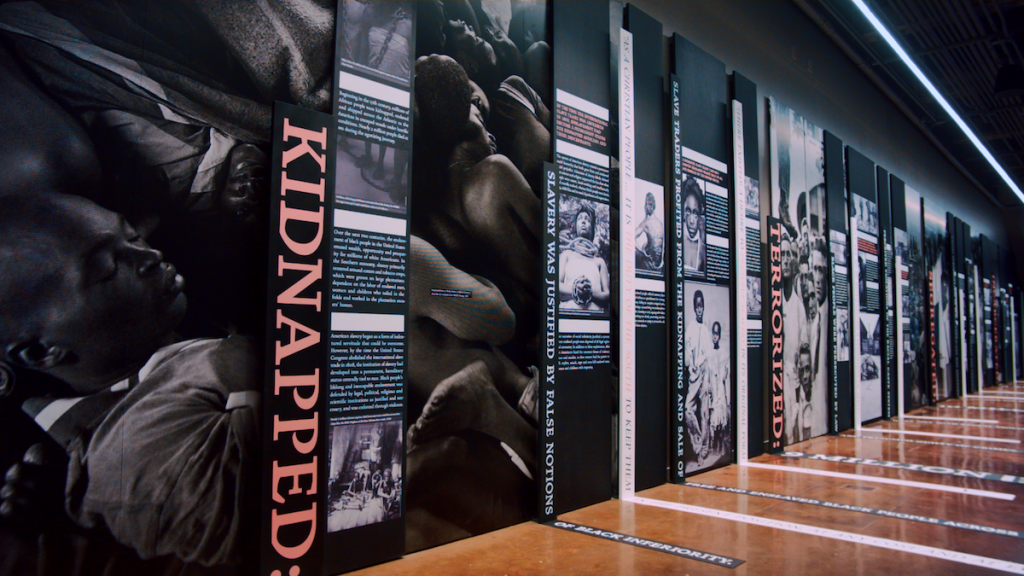
When we lie to ourselves about the moral status of other human beings, we not only unjustly injure other people, we also injure ourselves and our culture. We transform ourselves into a people who believe the lie. The costs of self-deception are internal and reflexive as well as external and consequential.




